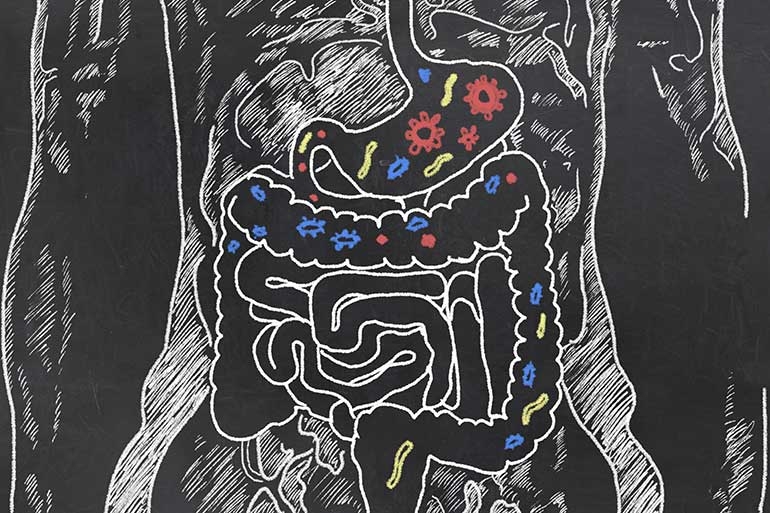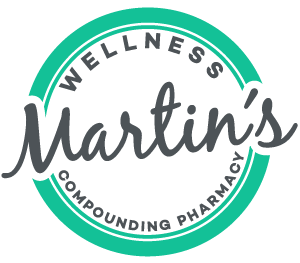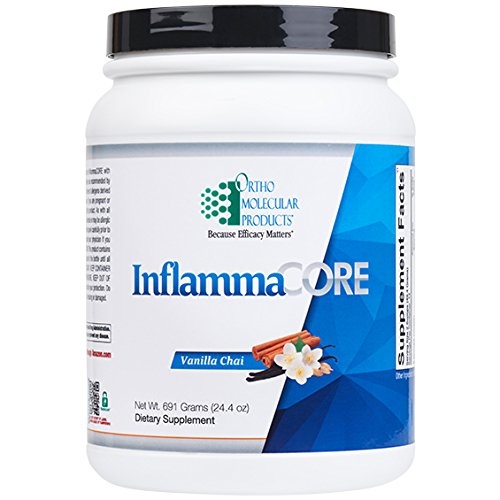Inflammation & the Health of Your Gut

What is Inflammation?
Inflammation is part of the body’s natural immune response. It depends on the actions of your white blood cells and the chemicals they produce, such as antibodies and cytokines.
Scientists continue to identify new immunological and inflammatory molecules, and the pathways through which they interact. The loops and feedbacks of those pathways mean your inflammatory response can be turned on and off in any number of ways.
Problems arise when inflammatory processes are left turned on for long periods of time for no apparent reason. Sometimes chronic inflammation can be caused by hidden infections, bacteria, viruses, or fungi. Also, chemicals and radiation, as well as heavy metals and exposure to toxic substances used in agriculture can cause hidden long-term inflammation.
Many people are now finding that they have sensitivities to foods that have been genetically modified, as well as allergies to food additives, preservatives, and coloring.
Chronic Inflammation Symptoms

Chronic inflammation, when left unchecked, can lead to the progression of coronary artery disease, diabetes, cancer, Alzheimer’s, and gastrointestinal diseases.
If you are unsure whether or not you have chronic inflammation in your body, check yourself for certain symptoms. These symptoms may include:
⦁ Joint pain or stiffness
⦁ General body pain or aches
⦁ Constant fatigue and insomnia
⦁ Gastrointestinal cramping, pain, or indigestion
⦁ Irritable bowel
⦁ Depression or anxiety
⦁ Chronic allergies and heightened sensitivities
⦁ Frequent infections
Chronic Inflammation Treatment

When it comes to inflammation in any part of the body (but especially chronic inflammation of the intestinal tract), the most important healing tool is your diet.
Avoid food triggers and inflammatory foods such as:
⦁ Hydrogenated oils
⦁ Trans fats
⦁ Refined carbohydrates
⦁ Added sugars
⦁ Excessive caffeine
⦁ Processed meats
⦁ Junk foods
If you have symptoms related to inflammatory bowel syndrome or other signs of chronic inflammation, it may be necessary to add some healing foods and herbs into the diet regularly to repair the lining of the stomach and the intestines, improving gut health.
The Best Ingredients for Gut Health

One product I like to use to restore gut health is InflammaCore by OrthoMolecular. This product was specifically formulated to address immune challenges, maintain a healthy inflammatory response and strengthen gastrointestinal barrier function.
It is an all-natural powder formula that contains 19g of organic brown rice protein, and 4 g of flax fiber per serving. It also provides high amounts of L-glutamine and glycine, amino acids crucial for intestinal reinforcement and mucosal cell regeneration.
Some beneficial InflammaCore Ingredients include:
Turmeric (Curcumin)
Curcumin is the active compound in turmeric. Curcumin has been shown to have strong NFkB-modulating properties and plays a crucial role in maintaining normal inflammatory balance.
Green Tea Extract (EGCg)
Green tea is a potent antioxidant. Its most researched active component, EGCg, has been shown to protect against free radical damage and balance markers of inflammation.
Arabinogalactan
Larch arabinogalactan is a fermentable polysaccharide fiber from the larch tree that promotes optimal immune health by supporting the growth of beneficial gut flora and strengthening the activity of NK cells.
Chinese Skullcap Root Extract
This Chinese botanical possesses potent antioxidant properties. Research has shown it attenuates NFkB and inhibits COX-2 expression.
Quercetin
A flavonoid found in a variety of botanicals, vegetables and fruits, quercetin is a potent antioxidant that inhibits inducible ICAM-1 expression, an important pathway for maintaining normal inflammatory balance.
Glutamine and Glycine
Amino acids L-glutamine and glycine are essential for healthy gut mucosa and normal tissue repair. Numerous studies have shown these amino acids to be soothing to the GI lining.
Vitamin D
One of the key functions of vitamin D is its ability to tighten gap junctions in the intestinal lining to create a strong barrier that protects the body from foreign substances. Higher blood levels of vitamin D have been shown to enhance immune function.
InflammaCore by OrthoMolecular
Comes in a variety of tasty flavors.
Find it at any of our pharmacy locations! Suggested
Use: 2 Scoops per day in water or juice. Stir well, drink, and enjoy!
Best of Health,
Lauren Meyer
Lauren has an M.S. in Human Nutrition and is a CNS (Certified Nutrition Specialist); she serves as a Wellness Consultant at two Martin’s Wellness Pharmacies, i.e. Dripping Springs Pharmacy in Dripping Springs and Lamar Plaza Drug Store in South Austin.

